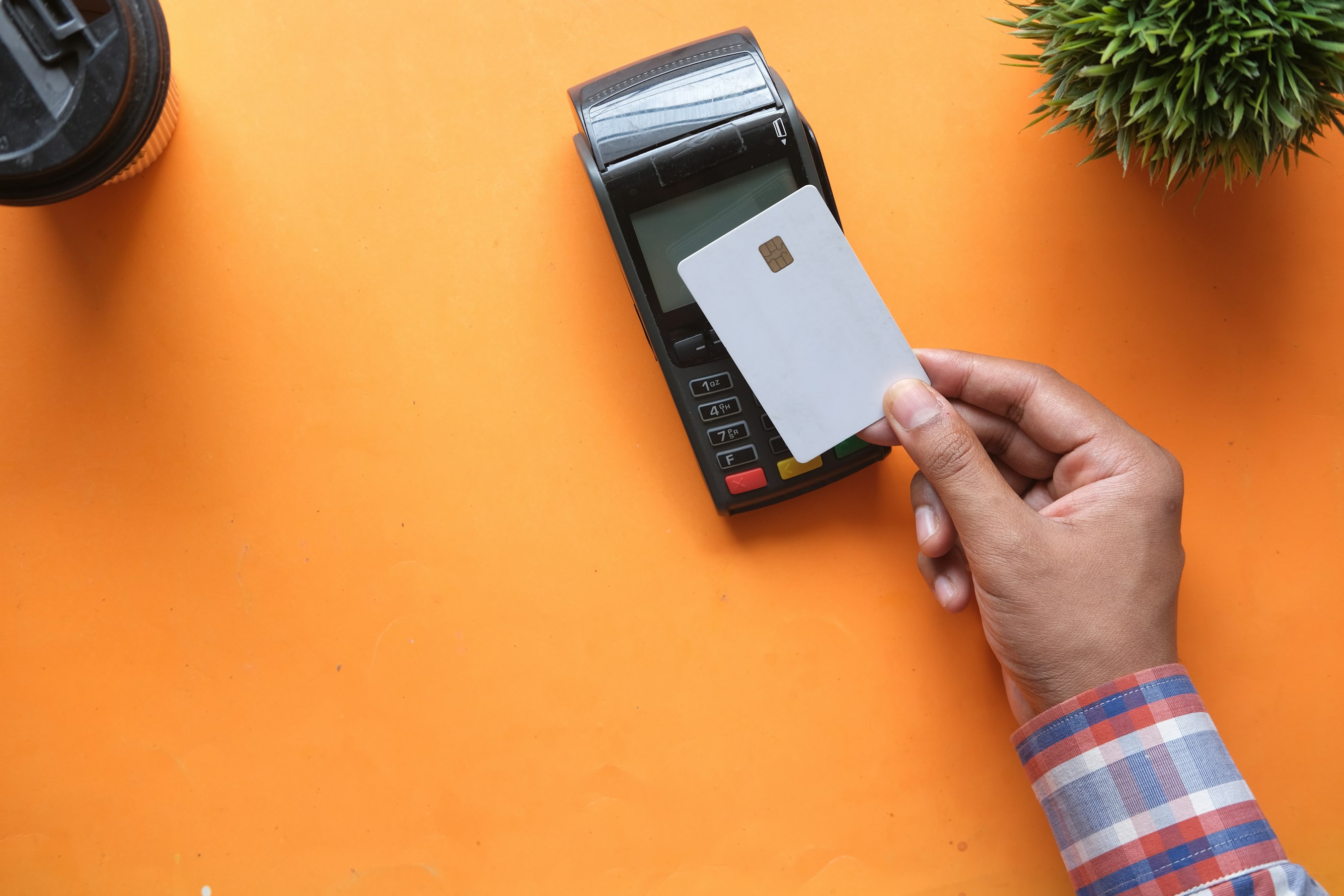In an era where financial literacy is becoming as crucial as traditional literacy, understanding the nuances of everyday financial tools is paramount. Debit cards, omnipresent in wallets around the globe, are more than just plastic conduits to our funds. They’re gatekeepers of financial freedom and responsibility. As you contemplate adding this tool to your arsenal, it’s essential to grasp the depth of its utility, limitations, and the responsibility it entails. Let’s delve into seven key insights to equip you for a well-informed decision.
1. Direct Link to Your Bank Account
Unlike credit cards, a debit card is your direct line to your checking account, offering a real-time reflection of your financial status. Each transaction reflects immediately, making it an excellent tool for those who prefer to monitor their spending closely.
However, this direct link also means that any error or unauthorized transaction can have immediate financial consequences. It is essential to regularly monitor your bank statements and set up alerts for transactions to catch any discrepancies early.
This vigilance helps keep your finances in check and instills a sense of discipline in money management. Balancing this immediacy with careful oversight is key to leveraging the benefits of a debit card while mitigating its risks.
2. Overdraft Risks and Fees
Overdraft protection is a feature that can be a lifesaver in moments of financial oversight but can also lead to a false sense of security. While it prevents the discomfort of a declined transaction, it’s crucial to be aware of the terms of your overdraft protection, as these can vary significantly between banks.
Some may offer a grace period for repaying the overdraft, while others charge immediate fees. These fees can compound, making small purchases exorbitantly expensive. Regularly monitoring your account, setting up low balance alerts, and understanding your bank’s overdraft policy can help avoid these potentially hefty fees. Remember, overdraft protection is a tool for occasional emergencies, not a regular extension of your budget.
3. Limited Fraud Protection Compared to Credit Cards
While convenient, debit cards do not offer the same level of fraud protection as credit cards. The key difference lies in the immediacy of transactions.
Once a fraudulent transaction occurs, the funds are immediately withdrawn from your account, potentially leading to a ripple effect of declined transactions and financial inconvenience. It’s important to regularly review your transactions and report any suspicious activity immediately. Many banks offer temporary credits during fraud investigations, but the process can be stressful.
Additionally, consider using your debit card only at trusted merchants and avoid using it for high-risk transactions, like online purchases from unfamiliar sites, to further minimize the risk of fraud.
4. No Credit Building Capability
One of the most significant drawbacks of a debit card is its inability to influence your credit score. Credit scores are calculated based on your credit history, including factors like credit utilization and timely payments. Debit cards, drawing directly from your bank account, do not contribute to this history. For those looking to build or improve their credit score, a credit card, used responsibly, can be a more suitable tool.
Regular, on-time payments and keeping a low balance relative to your credit limit can positively impact your credit score. It’s also worth exploring other credit-building tools like secured credit cards or small installment loans, which can complement your efforts to establish a solid credit history.
5. ATM Accessibility and Fees
One of the significant advantages of debit cards is the convenience of being able to withdraw cash from ATMs anytime, anywhere. However, it’s vital to be mindful of the fees associated with using ATMs, especially those not affiliated with your bank.
These fees can vary widely and add up quickly, particularly if you’re a frequent cash user. Some banks offer reimbursement for these fees or have extensive networks of fee-free ATMs. It’s beneficial to familiarize yourself with these options.
Moreover, planning cash withdrawals or using cash-back options at retail checkouts can minimize these costs. Always be aware of the balance in your account to avoid additional charges for insufficient funds.
6. The Convenience of Cashless Transactions
In our increasingly cashless society, debit cards offer more convenience than ever. They streamline transactions, reduce the need to carry cash and simplify online purchases. Companies like NinjaCard.com are at the forefront of this revolution, offering debit cards that not only provide the usual benefits but also come with additional perks.
However, while enjoying the ease of cashless transactions, it’s important to stay vigilant about where and how you use your debit card to ensure security and minimize the risk of fraud.
7. Daily Spending and Withdrawal Limits
The spending and withdrawal limits on debit cards are primarily a security feature designed to limit potential losses in case of theft or fraud. However, these limits can also be a source of frustration. For example, you might be unable to make large purchases or withdraw significant cash in an emergency. It’s essential to understand the specific limits set by your bank and how they align with your spending habits.
Conclusion
A debit card is not just a financial tool; it’s a reflection of your financial habits and needs. Its direct connection to your bank account requires a disciplined approach to spending and vigilance in monitoring your account. While it doesn’t directly aid in credit building, its convenience and immediate impact on your finances make it an indispensable tool in the modern financial landscape. As with any financial decision, understanding these seven aspects of debit cards will empower you to use them effectively and responsibly, ensuring that this small piece of plastic becomes a significant asset in managing your financial health.

Leave a Reply